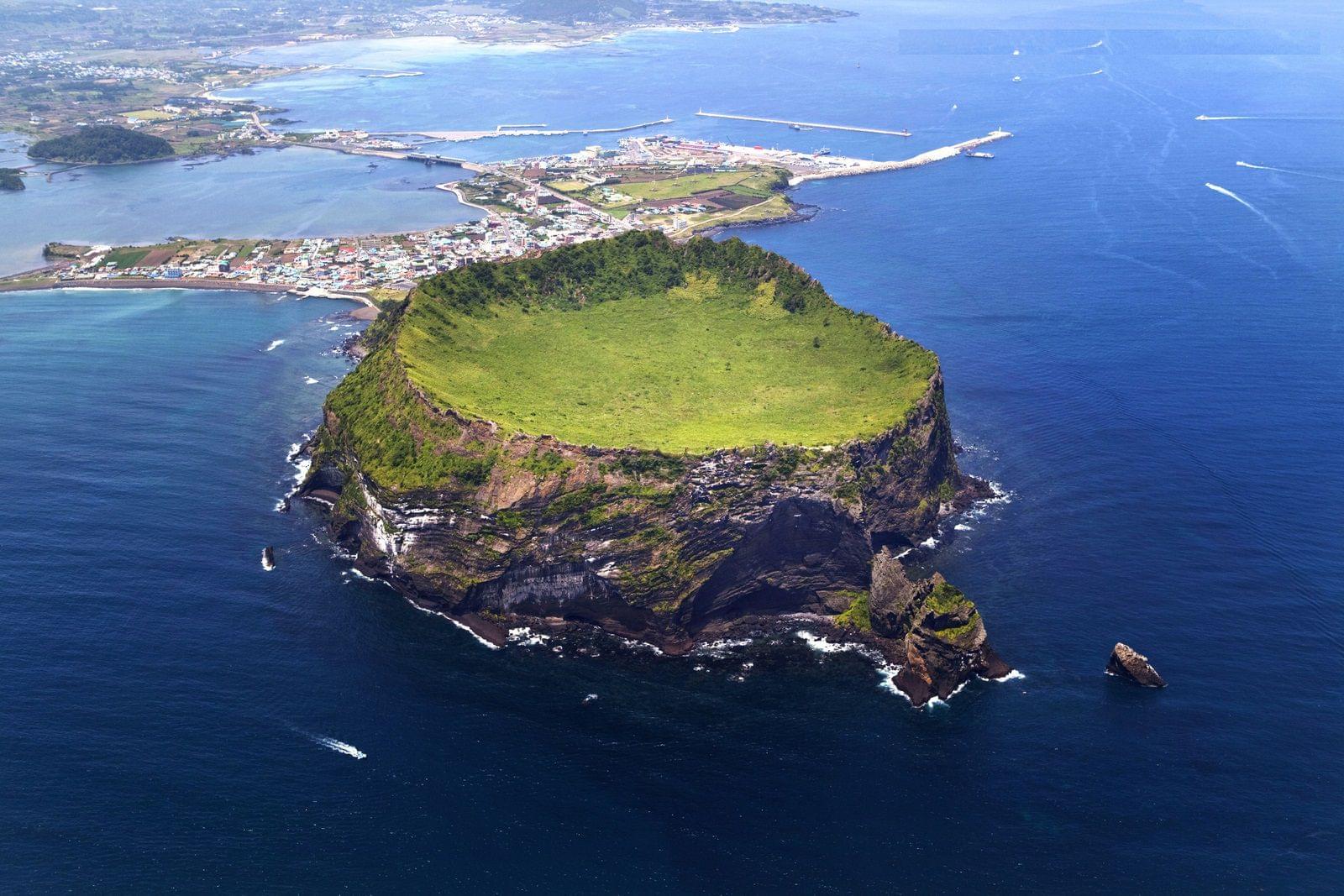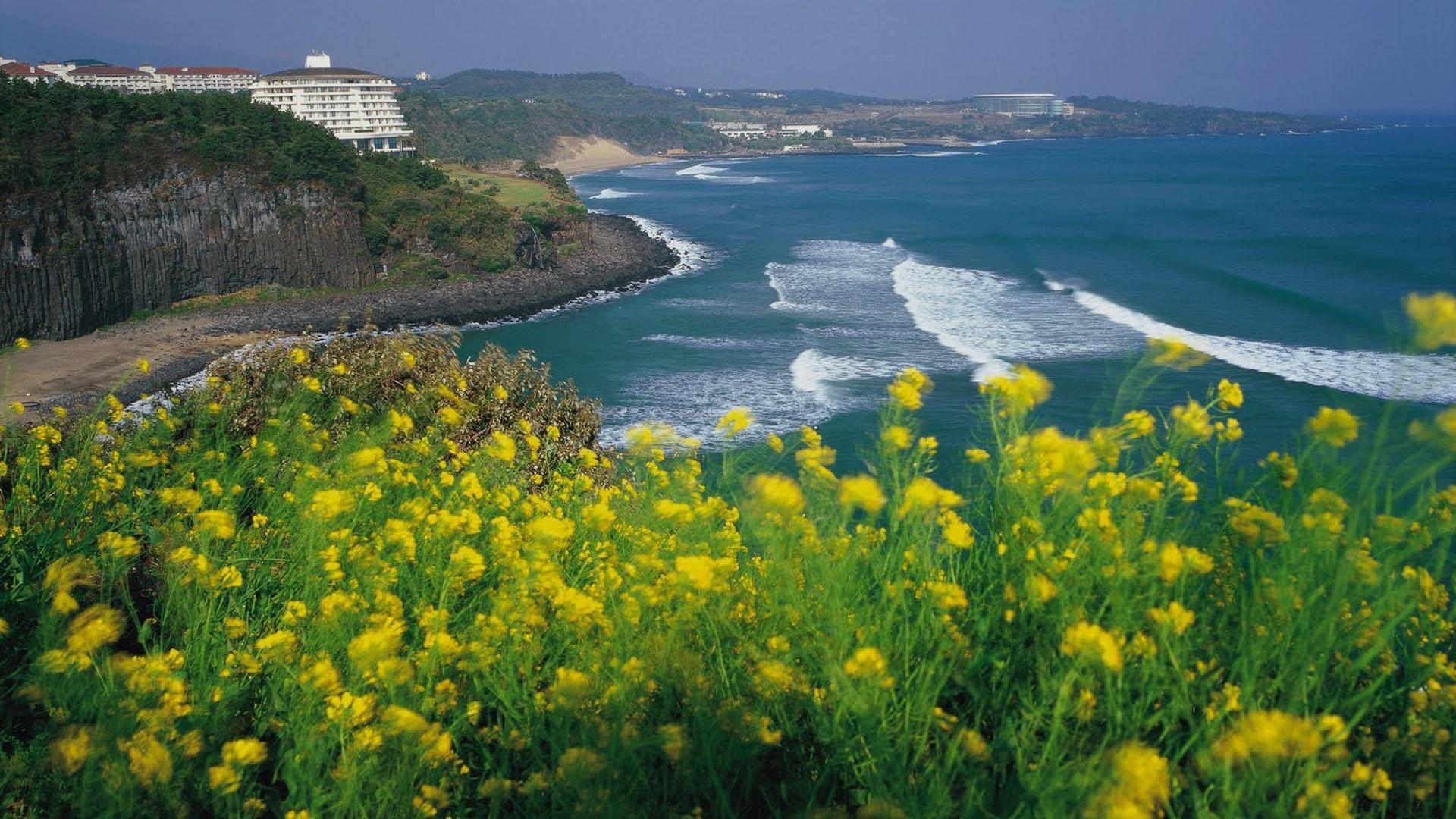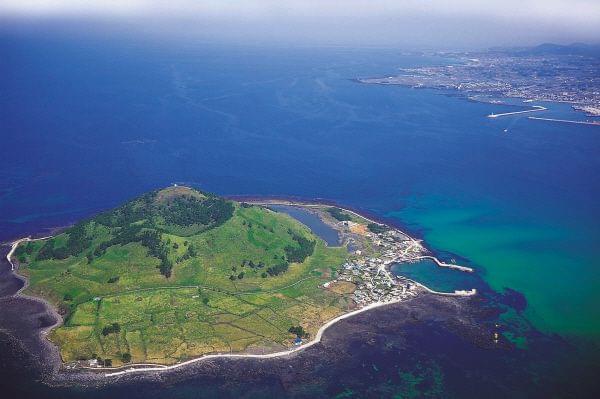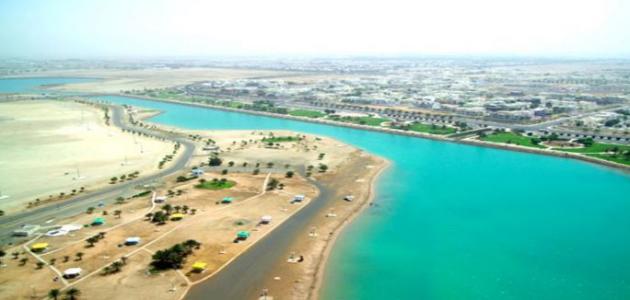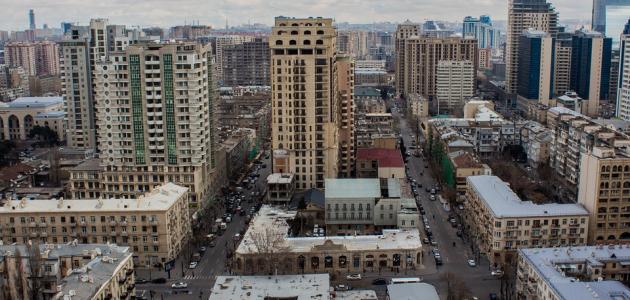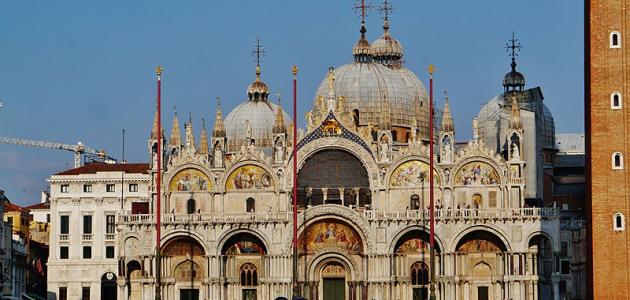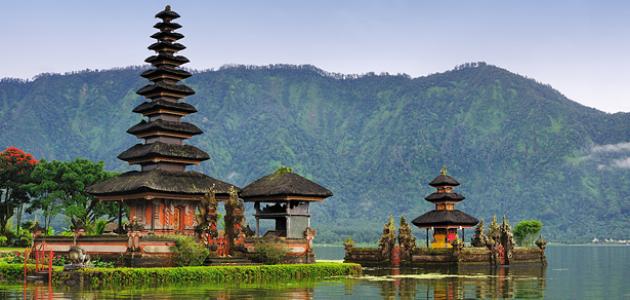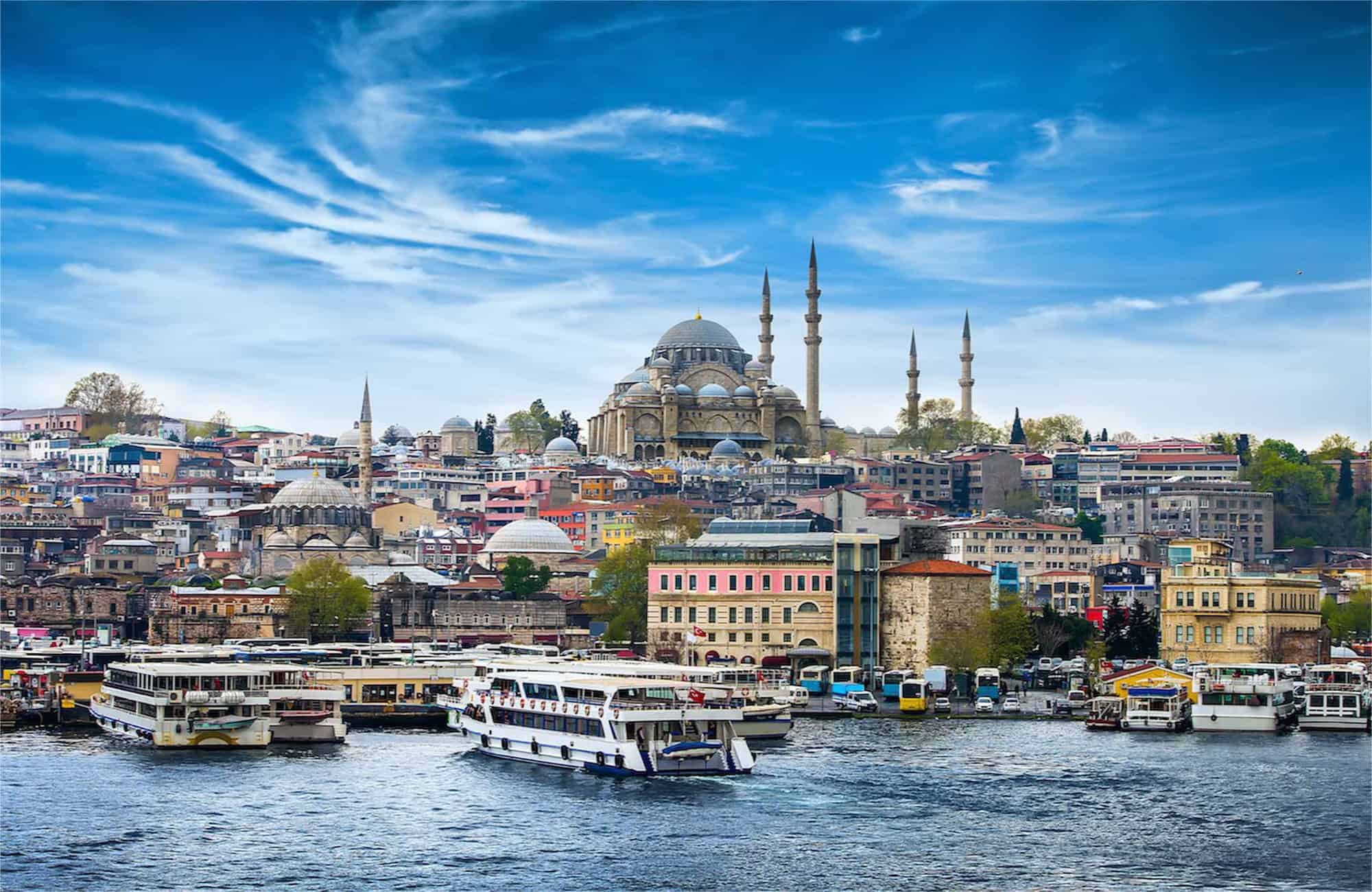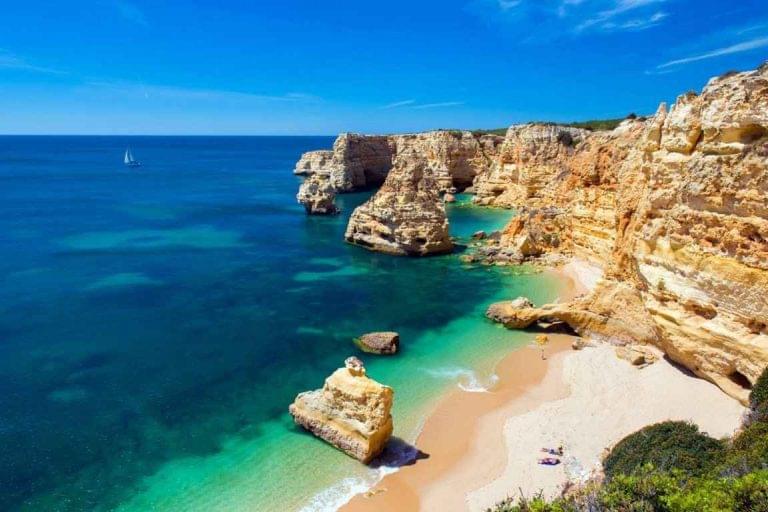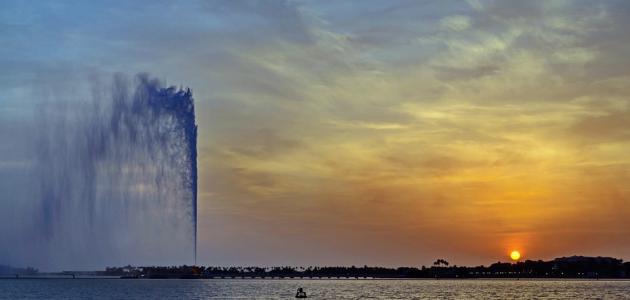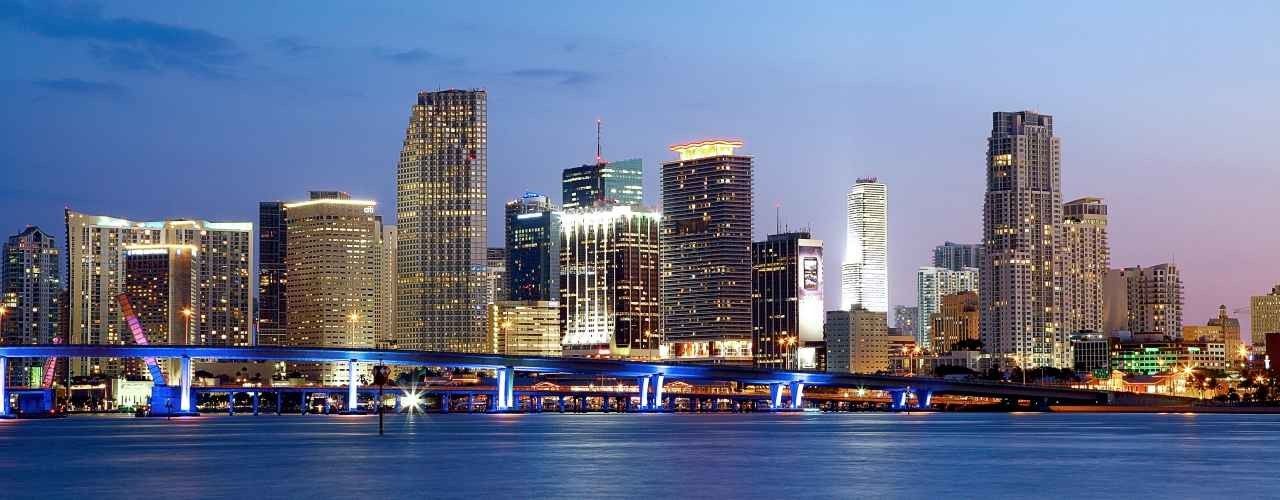Jeju Island, formerly known as Jeju Island, an island off the south coast of South Korea, in the Korea Strait, southwest of Jeollanam-do, which was part of it before becoming an independent province in 1946, its capital is Jeju City.
economically
Jeju economy depends on basic industry, agriculture and fishing, but it did not depend on tourism despite the island receives about ten million visitors annually. Since the island’s opening in 2010, hundreds of thousands of Chinese tourists have come to the island with their growing numbers. In 2006, gross domestic product was allocated about 8.5 trillion won (about 8.5 billion US dollars), or about 15 million won per person. The provincial government budget for 2006 set aside 1.1 trillion won, an increase of 10% over 2005.
Jeju occupies a major source of communication, as it includes the leading company for the Korean Internet, (the sole owner of the company Lycos until August 2010). Jeju is also famous for hosting many international conferences and meetings, including the World Scout Conference in July 2008. Jeju has a special international convention center, as the 2009 ASEAN-Korea Commemorative Summit was held at the International Criminal Court Jeju.
In 2010, the South Korean central government commissioned Jeju Island to develop itself as international meetings, incentives, conferences, and exhibition destination, and since then, the island has hosted a number of high-profile events such as the 10000-PAX China Motivation Group Bao Chen and 8000-PAX Incentives Amway Korea ( Southern). In 2010, the island welcomed the events of Destination 67, which enabled it to reach the 27th globally and seventh in Asia in the United Iraqi Alliance ranking of global meeting destinations.
Society and culture
Because of the island’s relative isolation, Jeju’s culture and language differed from that of the mainland of Korea. Jeju is home to thousands of local legends. Perhaps the cultural artifacts are the most distinctive of the island, and are found everywhere in the mass of carved basalt.
Debt
According to the 2005 census, the people of Jeju follow Buddhism with 32.7% and 17.5% who follow Christianity (10.3% Protestant and Catholic 7.2%). 49.8% of them are Muslims or do not follow any other indigenous religions.
tourism
Jeju Island, also known as “Gods Island,” is a great place to spend a popular holiday for Koreans, many Japanese and all tourists. Still one of honeymoon destination destinations for new grooms. The island has a mixture of volcanic rocks, frequent rain, and a mild climate, which makes it very similar to the Hawaiian Islands in the United States. The island offers visitors a wide range of activities: hiking on Halla-san (South Korea’s highest peak), enjoying sunrise and sunset over the ocean, viewing majestic waterfalls, horse riding, or just strolling on sandy beaches.
Although tourism is one of the main industries on the island, the operation of many hotels and other tourist areas is due to the mainland companies, the income does not return to the local economy. Also, you will find that many entry fees for tourist attractions can be huge (although those locally owned areas tend to be cheaper). Like Jeonju and some other areas, locals can enter most places for free or at a sharply reduced price.
Jeju tourists enjoy: its mild climate, landscapes, and beaches with a popular destination for South Koreans as well as visitors from East Asia and other parts. The most popular tourist spots on the island are Cheonjeyeon, Cheonjiyeon Falls, Mount Halla, Hyeobje Cave, and Hyeongje Island. There are a variety of recreational sports that tourists can participate in Jeju including golf, horse riding, hunting, fishing, climbing, etc. Depending on the season, Jeju hosts many tourist festivals including a penguin swimming competition in a season Winter cherry blossom. Festival in spring, mid-summer festival, horse festival in autumn, and others.
Most visitors to the island are accepted by taking traffic to and from the island through Jeju International Airport as well as traveling within the island by renting cars. Some local products are popular with tourists, including tile, orange and mandarin fish, as well as souvenirs and duty-free shopping.

